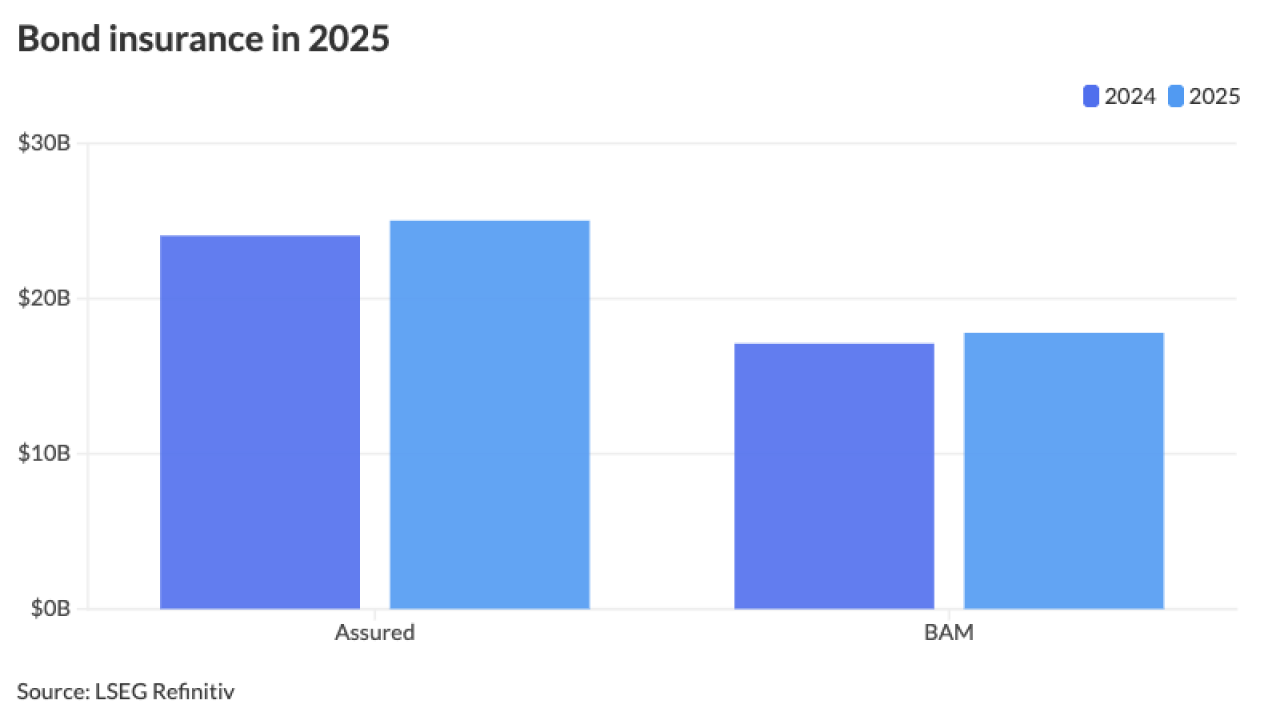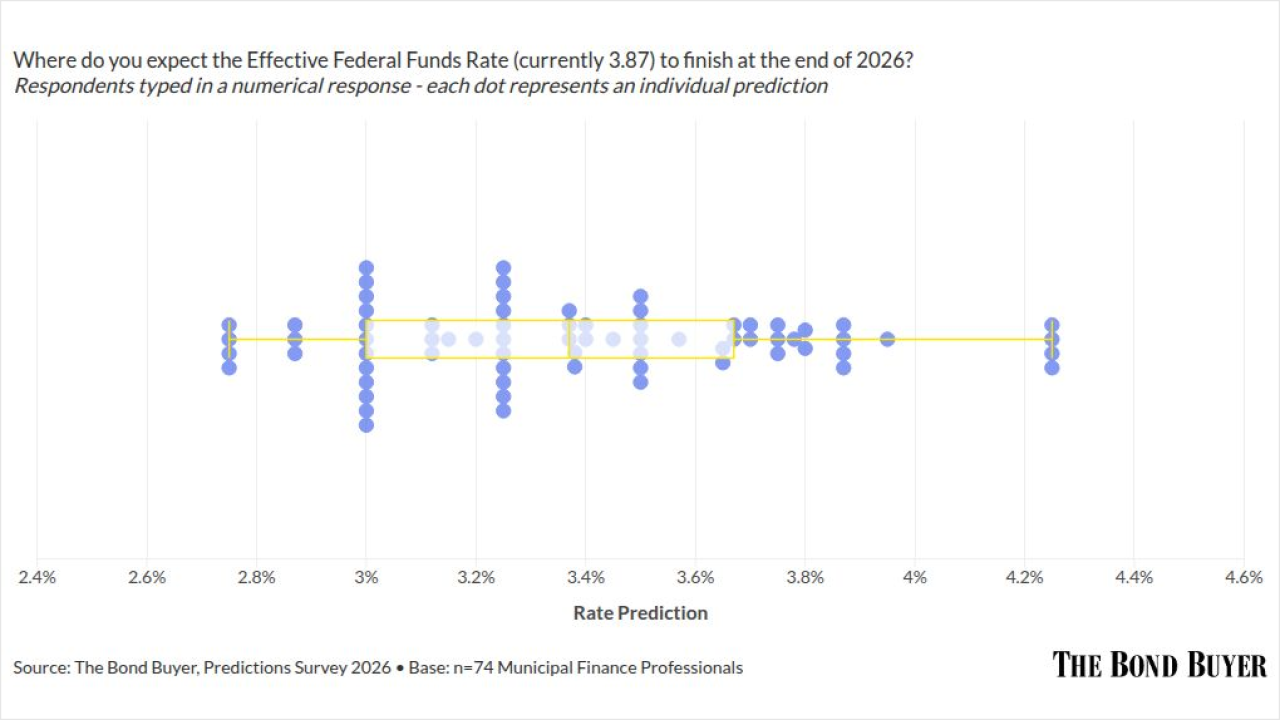
Voters in Fort Smith, Arkansas, on Tuesday approved the issuance of up to $385 million of bonds to finance sewer improvements mandated by a federal consent decree, as well as the use of sales tax revenue to pay off the debt.
The city of 89,770, which sits on the border with Oklahoma,
The 30-year bonds passed with 66.35% of the vote, according to unofficial election results from Sebastian County.
The debt will be backed by revenue from the city's existing sales and use taxes after voters approved two ordinances that were also on the ballot.
One measure extends a 0.75% tax for police and sewers to the end of 2059 and allocates 83.3% of net collections for debt service on the bonds. A second ordinance sets a Dec. 31, 2059, expiration date for the city's 1% sales tax dedicated to streets, bridges, and drainage and allows 37.5% of net collections to back the bonds.
"With this funding, we can issue bonds to efficiently and effectively complete consent decree-related projects, ensuring critical infrastructure improvements without increasing the existing sales tax rate," a statement from the city said.
Fort Smith expects to issue an initial $100 million to $120 million of sales and use tax revenue bonds in the fourth quarter through a yet-to-be-selected underwriting team, according to city spokesperson Josh Buchfink.
Sales and use tax revenue bonds issued in 2012 and 2014 and called in 2022 were rated AA-minus with a stable outlook by S&P Global Ratings.
As of Dec. 31, 2023, the city had $185.6 million of revenue bonds outstanding, according to its fiscal
S&P in November revised its outlook on the city's A-rated water and sewer revenue bonds to negative from stable, citing "uncertainty regarding the city's financing of its substantial capital improvement plan, rate-setting approvals, and ongoing revenue pressure, which could affect coverage and reserves."
"We could lower the rating should revenue generation not be sufficient to cover operational needs, including debt service and capital, due to such factors as insufficient rate adjustments, utility liquidity not being materially spent down, or the city failing to make progress on its consent order in alignment with expected timelines," S&P said in a statement.
Earlier this year, the Fort Smith Board of Directors put a





